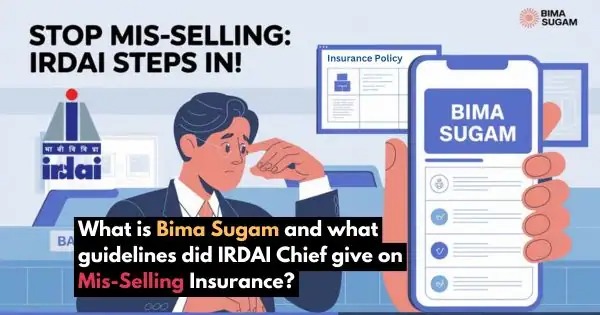F.M. Ibrahim Kalifulla, J.@mdashThe Revenue has come forward with this appeal.
2. The questions of law raised in this appeal reads as under:
(i) Whether, on the facts and circumstances of the case, the Tribunal was right in holding that the expenditure incurred on construction of a hockey stadium is not capital expenditure as the assessee is not the owner of the hockey stadium?
(ii) Whether, on the facts and circumstances of the case, the Tribunal was right in holding that the expenditure incurred on construction of a hockey stadium for the public can be termed as business expenditure of the assessee?
3. The short facts, which are required to be stated, are that the assessee, a civil contractor, staked his claim for securing a contract for construction of a hockey stadium in the Collectorate complex at Ramanathapuram during the assessment year 2004-05. The narration of facts as set out in the order of the Commissioner of Income Tax (Appeals) dated May 29, 2006, would reveal that the assessee had placed enough evidence to show that there were direct nexus between the construction of the hockey stadium by the assessee, which enabled him to secure the DRDA contract from the office of the District Collector. The appellant submitted a letter dated December 19, 2001, to the District Collector expressing his willingness to construct a hockey stadium in the Collectorate complex and after receipt of the said letter, the DRDA contract was awarded by the Collector to the assessee by his letter dated December 19, 2001. The DRDA contract was stated to have the value of Rs. 1,36,20,660 while the construction of the hockey stadium was for a sum of Rs. 24 lakhs.
4. The Commissioner of Income Tax (Appeals) as well as the Appellate Tribunal, by relying upon the decision of the honourable Supreme Court reported in M/s. Sri Venkata Satyanarayana Rice Mill Contractors Co. Vs. Commissioner of Income Tax, Andhra Pradesh, II, held that such an expenditure, which was incurred in the regular course of business of the assessee, cannot be construed as a capital expenditure, but it would only fall within the category of business expenditure. The Tribunal [ITO v. Velumanickam Lodge [2009] 317 ITR (AT) 225 (Chennai)] also noted that the mere willingness expressed by the assessee to construct the hockey stadium in the District Collectorate for a value of Rs. 24 lakhs cannot be construed as a bribe to a person or the money was contributed for a private fund or for the benefit of any individual which could be regarded as a form of illegal gratification. Therefore, the claim made by the assessee that he volunteered for constructing the hockey stadium for generating goodwill and for promoting his business activities, especially where such construction of hockey stadium was for the welfare of the public, which was not prohibited in law, has to be sustained. Moreover, the construction of the hockey stadium by the assessee was in the regular course of his business apart from the fact such construction came to be made in the property belonging to the District Collectorate, meant solely for the use of the public at large. Therefore, looked at from any angle, it is extremely difficult for us to hold that the investment made by the assessee for construction of the hockey stadium was not in the regular course of business nor can such investment be construed as one made with a view to enlarge its scope of business. In fact, in the decision of this Court reported in Cholan Roadways Corporation Ltd. Vs. Commissioner of Income Tax, it has been held that contribution made towards flag day fund and Chief Minister''s Rehabilitation Fund are deductible as they are not in contravention of any law. Applying the ratio laid down in the above decisions to the facts of this case, we are further in agreement with the conclusion arrived at by the lower appellate authority in holding that the expenditure incurred by the assessee towards construction of the hockey stadium was in the promotion of his business, which is allowable in law and consequently it can be termed as a business expenditure of the assessee. Thus, the questions of law raised by the Revenue have to be answered in favour of the assessee.
5. In the result, the appeal fails and is dismissed, no costs.

